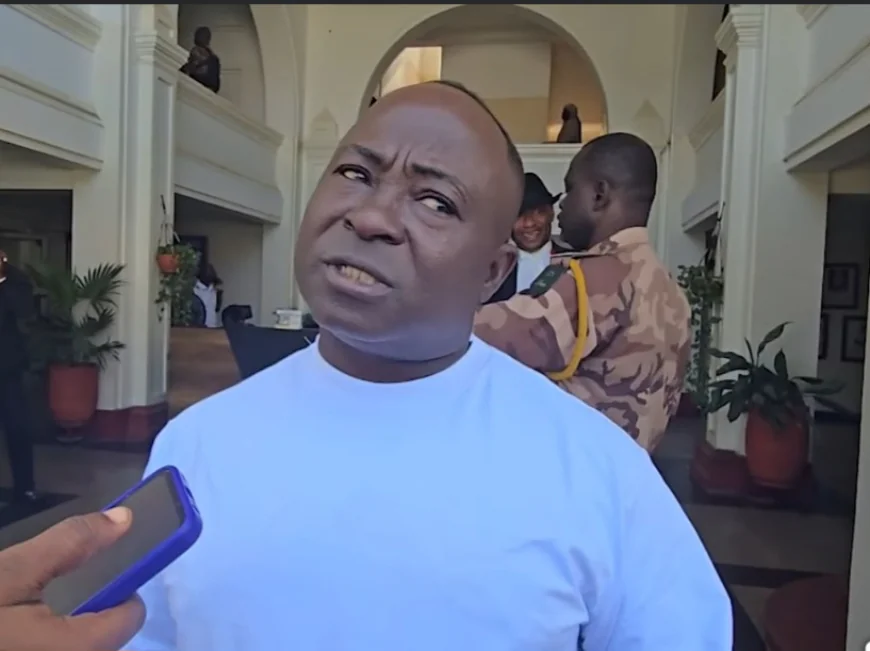After being held in prison for two decades for an offense he didn’t commit, Yaw Asante Agyekum has now been set free. On that day in June 2025, the Court of Appeal in Accra decided to overturn Agyekum’s robbery conviction from 2002, arguing that he had been found guilty wrongly.
The result shows important weaknesses in how the case was prosecuted and asks why justice and fairness are still issues in Ghana’s criminal justice system.
At first, Yaw Asante Agyekum was convicted because he was accused of assisting Ataa Ayi, an infamous armed robber who caused fear in Accra during those years. The violent robberies committed by Ataa Ayi and his gang created a lot of fear in the city.
Though plenty of gang members were charged, Agyekum, who worked as Ayi’s mechanic, was sentenced to 35 years in prison even though there was very little evidence against him.
He served more than two decades in prison, still insisting he was innocent. When he was first convicted in 2002, he was not defended by a lawyer, which supporters argue was a great disadvantage for him. It was mainly because he did not have a lawyer and the evidence was not enough that he appealed his sentence.
His lawyers claimed that the prosecution did not demonstrate, beyond a reasonable doubt, that Agyekum participated in the robbery conspiracy. The Court of Appeal judged that the conviction was unsafe and reversed the sentence as a result.

READ ALSO: Woman Wears Wedding Dress to Another Woman’s Weeding
In his first interview after leaving prison, Agyekum explained how hard it was to be innocent but locked up. He said with a broken voice, “I was sent to prison just a month after my daughter was born.” I did not get to see many important times in her life. I wasted years I will never be able to recover.
This case has caused a lot of anger in Ghana, revealing how easily mistakes in the justice system can occur. Many groups and advocates have urged that the system be changed such as by giving those without funds access to legal help, making sure evidence is collected properly and speeding up the review and correction of wrongful convictions.
Certain individuals are urging that Agyekum be given compensation for the years he spent in prison and the pain he went through. They point out that being wrongfully incarcerated harms an individual and can also harm their families and communities.
Many cultures and societies have similar experiences to those recounted in Yaw Asante Agyekum’s story. In numerous countries, innocent individuals have been jailed thanks to mistakes, not enough resources or unfair trials.
They point out that having public defenders, updated forensics and independent review boards is important to stop such injustices.
Agyekum’s journey in the future will be tough. With more than two decades spent in jail, returning to society, connecting with relatives and getting a job will need both support and strength.
This case shows that it is important to watch over the rights of every individual, but especially those who are most at risk in the legal system. It encourages government officials, members of civil society and justice workers to join forces so no one has to go through what Agyekum experienced.
Hopefully, as the Ghanaian justice system considers this case, people will not have to wait for justice to be delivered.








